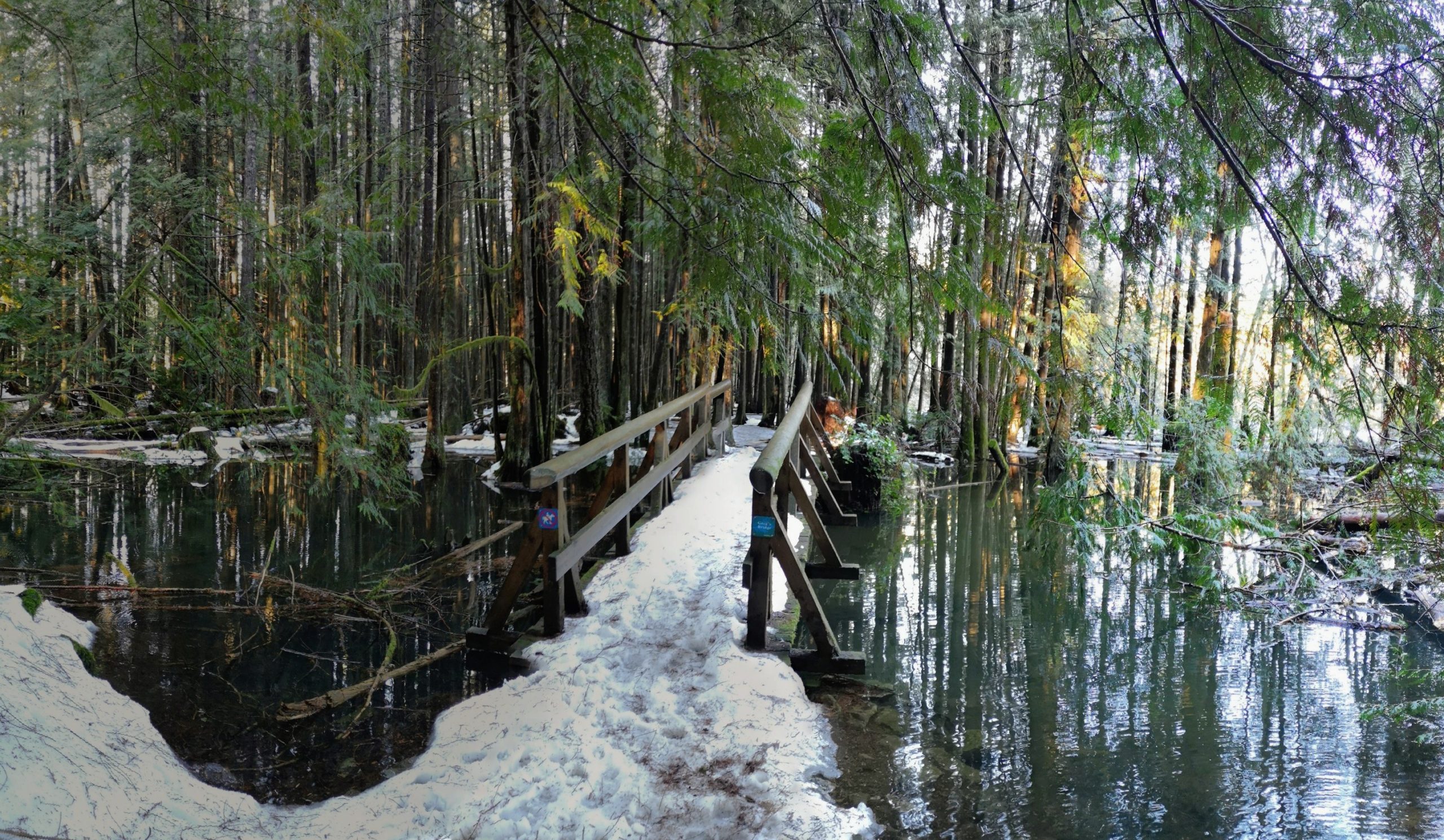Audio Version
I believe it is vital to try to understand opposing points of view on anything related to being of service to humanity, as well as to be flexible in terms of the ideals of certainty, knowing, meaning, and wisdom.
It is all too easy to create a personalized feed of ideas, opinions, and information. This allows us to surround ourselves with only those with whom we agree, or with groups to which we feel we belong — legitimately or not. Unfortunately, in an era of rampant polarization and divisiveness, our efforts to avoid overwhelm and distraction leave us with an inaccurate picture of the larger, more diverse world. While specialization has its advantages, it is inherently risky to completely ignore the forest for the trees. The world today requires a broader range of perception and understanding if we are to have any chance of regenerating a damaged ecology, recalibrating industry and the economy, and fostering a deeper, more holistic local, regional, and worldwide community.
For me, it is essential to my emotional and psychological fulfillment — whether through philosophizing or writing — to delve deeply into the whys and what-fors of this earth-based human experience. Much of what I’ve seen and experienced grinds against my sensibilities on a regular basis, blatantly contradicting fundamental truths and intuitions that I believe I’ve known my entire life. I want to know why, and I want to understand the impulse within me (and many others who appear to be entangled by some invisible thread of consciousness) that yearns for everyone to remember — or to recognize the simple yet profound reality that everything is connected.
By definition, in order to bridge the gaps in collective epistemological failings (and thus reconcile my own), I cannot fully support any cause, value system, or belief construct. This is, of course, a significant challenge, and it fuels an existential struggle within me — what do I actually stand for? When I say “let love lead you,” how do I define this universal but entirely subjective concept of love? Is it a transactional, judgment-based codification, or does it represent an open-ended, unconditional, transcendent ideological capacity?
As I get older — and even grow up a little from time to time — when I find myself leaning strongly in any direction, I feel an elastic pull back toward a less polarized or biased (i.e., neutral) viewpoint. At least, I try to, eager to discover what lies beneath a powerful emotional reaction or impulse. Instead, I’ll look for words to introduce, interpret, or translate that perspective to others seeking meaning in similar ways.
It can be isolating, but striking a balance in all of these aspects is also an important part of the walk.
Solvitur ambulando
